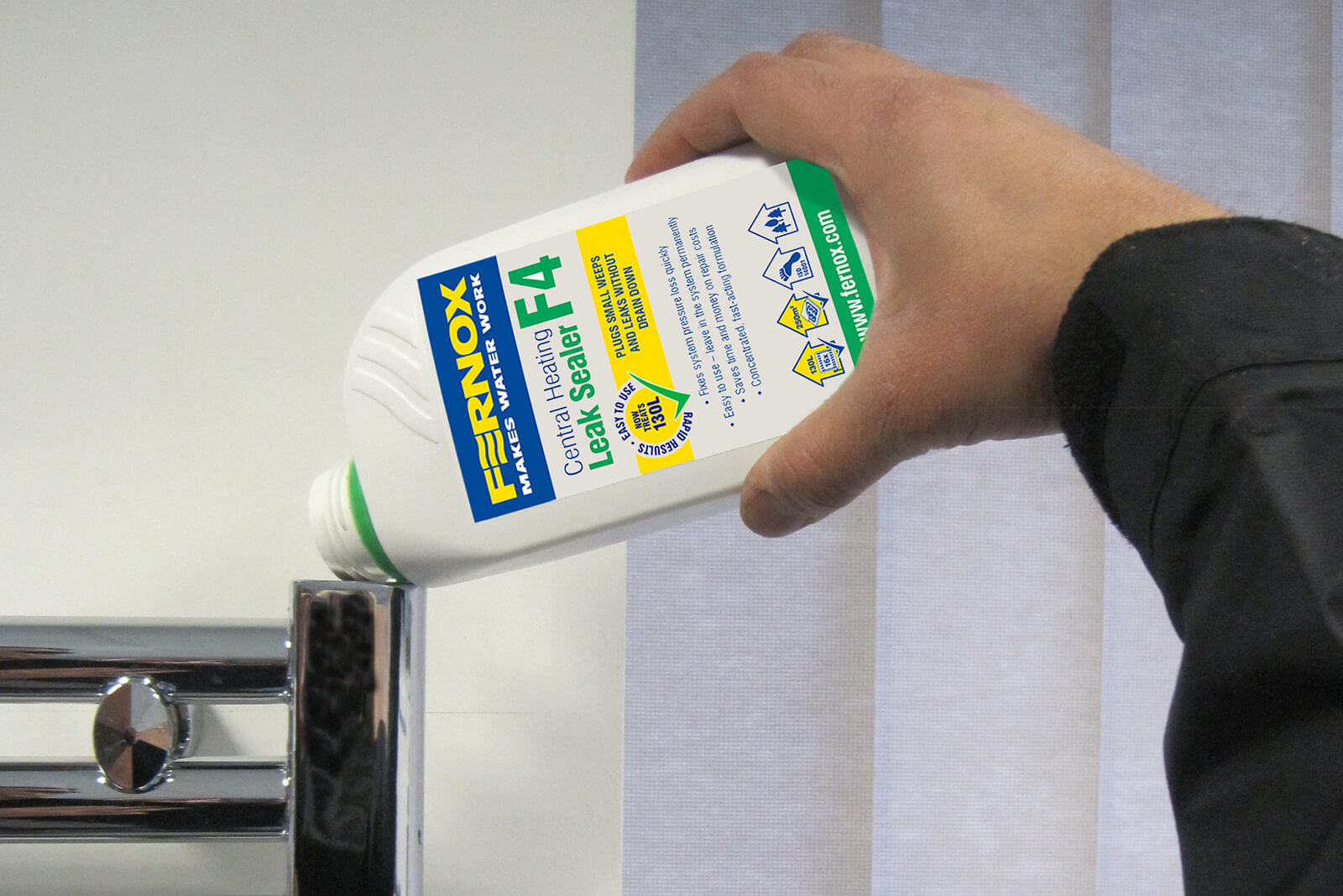
An ideal and efficient heating system is one that keeps the home comfortable and keeps carbon footprint to a minimum.
Your system requires a dose of inhibitors together with some major maintenance to give your boiler the best chance of meeting up to the standards mentioned above. The central heating inhibitor is a type of chemical that can be added to the water in the central heating system to avert boiler malfunctioning, extend the lifespan of a boiler, and cut down heating bills.
Do You Want to Start an Inhibitor to Your Heating System?
Of course, an inhibitor should be added yearly. However, it is recommended to meet a qualified heating engineer to carry out this function for you annually.
Avoid Expensive Breakdowns
When metal heating pipes are combined with running water passing through them, the natural consequence is the development of rust. When rust along with other buildup dirt such as sludge-like substance could lead to corrosion and blockage. The cost of repair could be expensive.
Reduce Heating Bills
Aside from slides and blockages on the major components, lack of inhibitors can make the boiler work harder than before which may lead to increased carbon emission and heating bills.
Keep Warranty Valid
Most manufacturers would prefer that their warranty can only remain valid if their boiler has been serviced, and dosed with an inhibitor yearly. Although, it is necessary to know that inhibition cannot protect your heating system all alone. So what other things can you do to protect your central heating system?
How to Protect Your Central Heating System
Here are some steps to protecting your central heating system.
Powerflush
Using a Powerflush treatment will push effective chemicals down the heating system to help breakdown dirt and sludge that has built up over time. Thus, you need a reliable heating and cooling company for most of these tasks.
Magnetic Boiler Filter
Immediately the debris and dirt get broken down by the inhibitor, it would need to be filtered out by a magnetic filter. This would prevent sludge from getting into the boiler.
Central Heating Inhibitor
As soon as the system is cleared, adding an inhibitor would prevent further corrosion in the future.
Scale Reducer
If the location of your home is a hard water area, a scale reducer should be added to the system to avoid the buildup of limescale which could lead to blockages and stop the components from working. Ask your heating engineers the best scale reducer that is best for you to use.
The steps listed above would help prevent expensive repairs and breakdowns and make your heating system work better and more efficiently for as long as possible. Also, it is important because it validates the manufacturer’s warranty.
How Often Can a Central Heating Inhibitor Be Added?
Just as stated earlier, an inhibitor needs to be added just once a year. It is best added when the water in the system is completely drained. It is better to register an annual service with a qualified heating engineer and add it to part of their service.